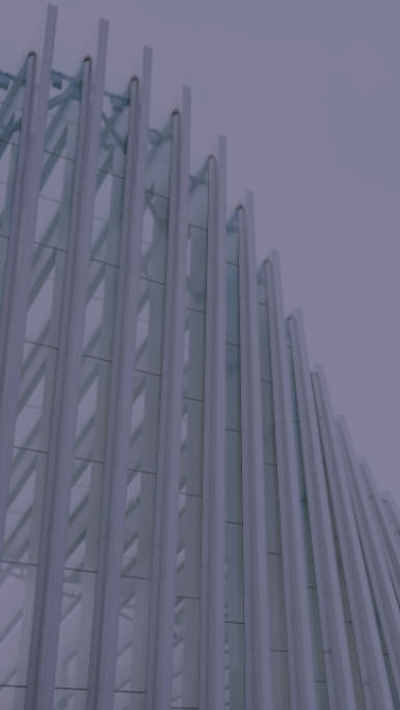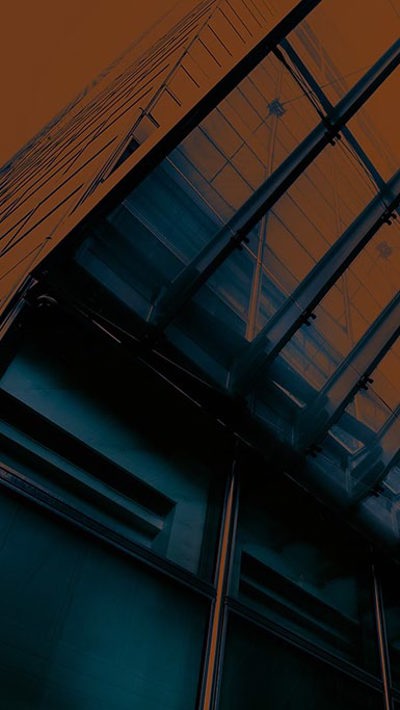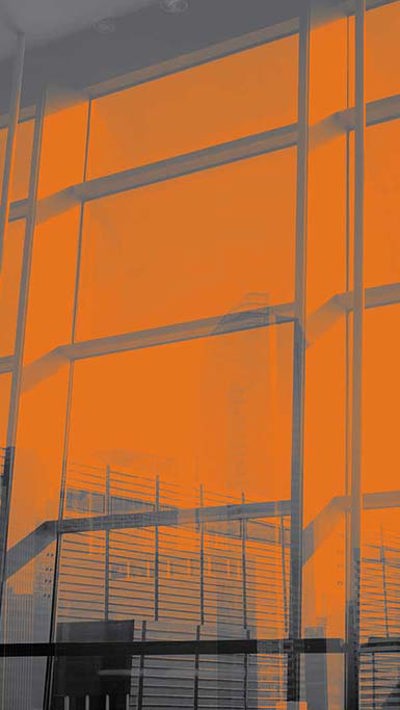Contents
The Supreme Court heard the Mainzeal appeals and cross appeal in March 2022. The judgment may be some time away, but is expected to have a significant impact on directors’ liability under the Companies Act 1993 for years to come – or until the sections are revisited by Parliament.
Issues we expect will loom large in the decision
The factual circumstances in Mainzeal are well known:
- the directors traded the company for a number of years with a balance sheet that relied on related company receivables for solvency
- through a series of restructuring transactions, the assets of the group of which Mainzeal was part became more distant from Mainzeal and the related companies which owed Mainzeal money
- the directors received assurances of support from the group’s controllers on which they relied in allowing Mainzeal to trade on
- in 2013, the company went into receivership, and then liquidation. The liquidators have admitted creditor claims totalling $111m.
The Court of Appeal found that the directors had breached sections 135 and 136 by trading on without taking “urgent corrective action” to address the deficit in Mainzeal’s balance sheet.
The Court declined to award compensation for the breach of section 135 because there had been no “net deterioration” in Mainzeal’s position over the relevant period (generally the appropriate measure of loss for section 135), but awarded compensation under section 136 using the “new debt” measure.
“New debt” and application of Debut Homes
The extent to which the Supreme Court’s judgment in Mainzeal will follow its judgment in Debut Homes remains an open question. In Debut Homes, the director of a residential property developer knew the company was “unsalvageable” but decided to trade on to complete a number of remaining projects. In doing so the company incurred a GST liability of around $300,000 that it knew would not be met.
Faced with that situation, the Supreme Court provided a “restitutionary” remedy of compensation on a “new debt” basis; ordering the director to pay an amount equivalent to the debts incurred knowing they would not be met.
The Court of Appeal followed the Debut Homes approach of ordering compensation on a “new debt” basis for a breach of section 136, with the effect that it appears to have expanded the circumstances in which “new debt” compensation may be awarded. There was no finding that Mainzeal was unsalvageable, and it was not disputed that the Mainzeal directors considered the relevant obligations under section 136 would be met when required.
The Court of Appeal’s criticism of the directors concerned their failure to engage with Mainzeal’s “vulnerability”, and the reasonableness of their grounds for believing the obligations could be met.
The consequences of this apparent expansion of “new debt” liability mean directors can be liable on a “new debt” basis for an error of judgement about the company’s future trading prospects and ability to meet future obligations. This is a lower bar than the quasi-fraudulent knowing exposure of creditors to certain loss in Debut Homes.
Whether a company is salvageable or not is, of course, rarely obvious in the moment, and in many cases is only determined following years of litigation, with the benefit of hindsight. The result is that directors who attempt to trade out of a difficult situation or undertake a restructuring face the prospect of significant personal liability if their attempt to trade out ends up unsuccessful.
The Mainzeal appeals may provide an opportunity for the Supreme Court to clarify the breadth of its Debut Homes decision, and whether it extends beyond the “unsalvageable” company context.
Focus of the duties
There is a tension in the Court of Appeal judgment about the focus of the statutory duties. Both the section 135 and 136 duties are owed by the directors to the company. However, the Court of Appeal reasoned that the purpose of the duties is to protect existing creditors (s 135), and new creditors (s 136).
The Court of Appeal considered that, for section 136, harm to new creditors should be treated as “deemed harm” to the company, even where the company itself has suffered no harm. The Court considered that approach was “not without its difficulties” given the scheme of the Act, but that it was the only way to make the legislation “work”, and to avoid rendering section 136 “a dead letter”. We expect that tension to be explored in the eventual Supreme Court judgment.
Section 301 discretion
The Court of Appeal in Mainzeal left open the question of the breadth of the Court’s discretion to order compensation under section 301. Kós P and Miller J provisionally considered that the Court was bound by Debut Homes to treat the section 301 discretion as broad and to be exercised having regard to all the circumstances, including causation, culpability, and duration of any breach. Goddard J provisionally considered the issue was not foreclosed by Debut Homes, and that it remains arguable that the discretion is relatively confined.
Though the Court of Appeal’s approach to section 301 was not identified as a specific ground of appeal, it was the subject of argument at the hearing and the Supreme Court may decide to address section 301 in its judgment.
Our thanks to Nathan Whittle for preparing this article.
This article is part of our regular publication Restructuring & Insolvency: Rescue & Recovery. Read the other articles in this series below.

























































































































































































